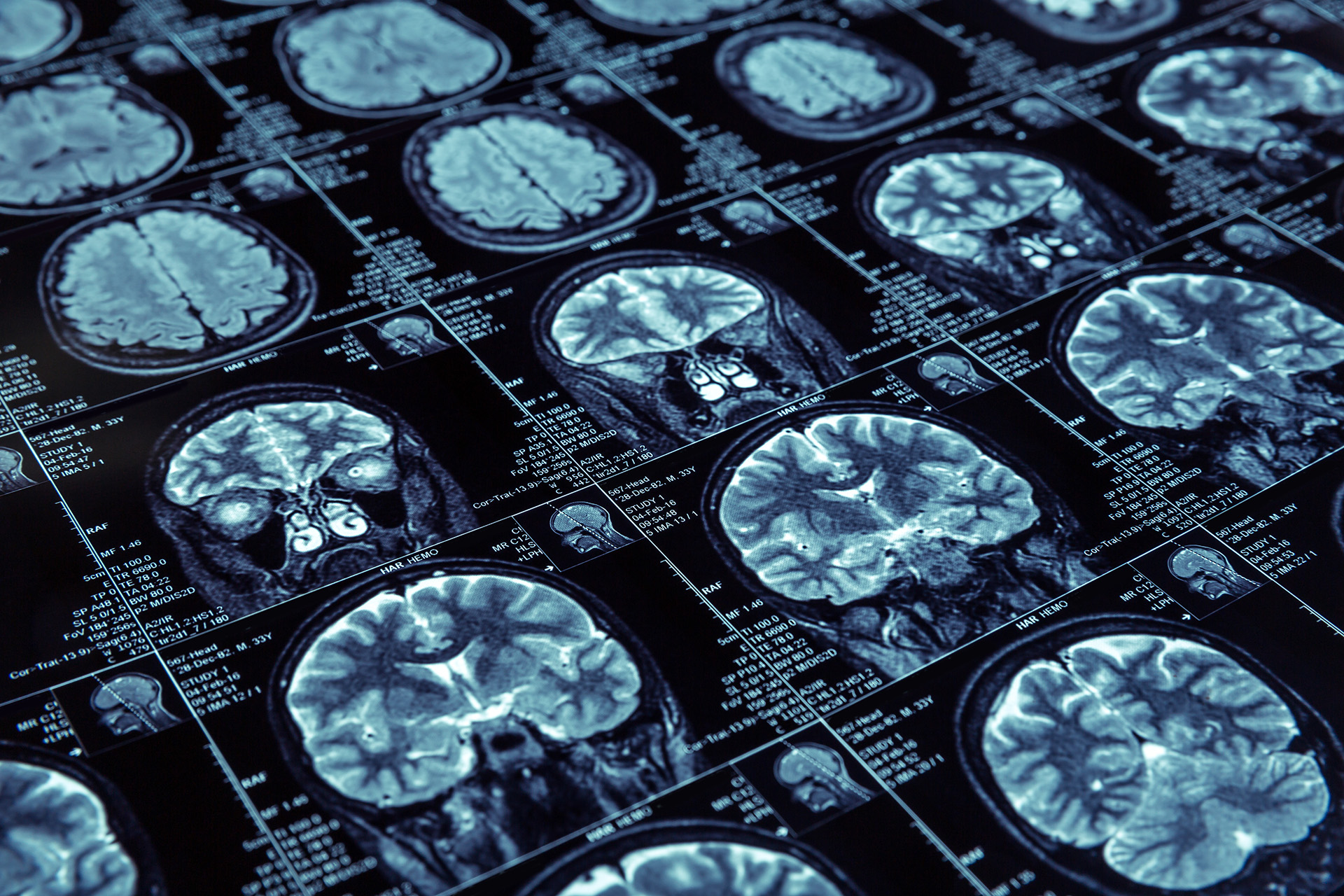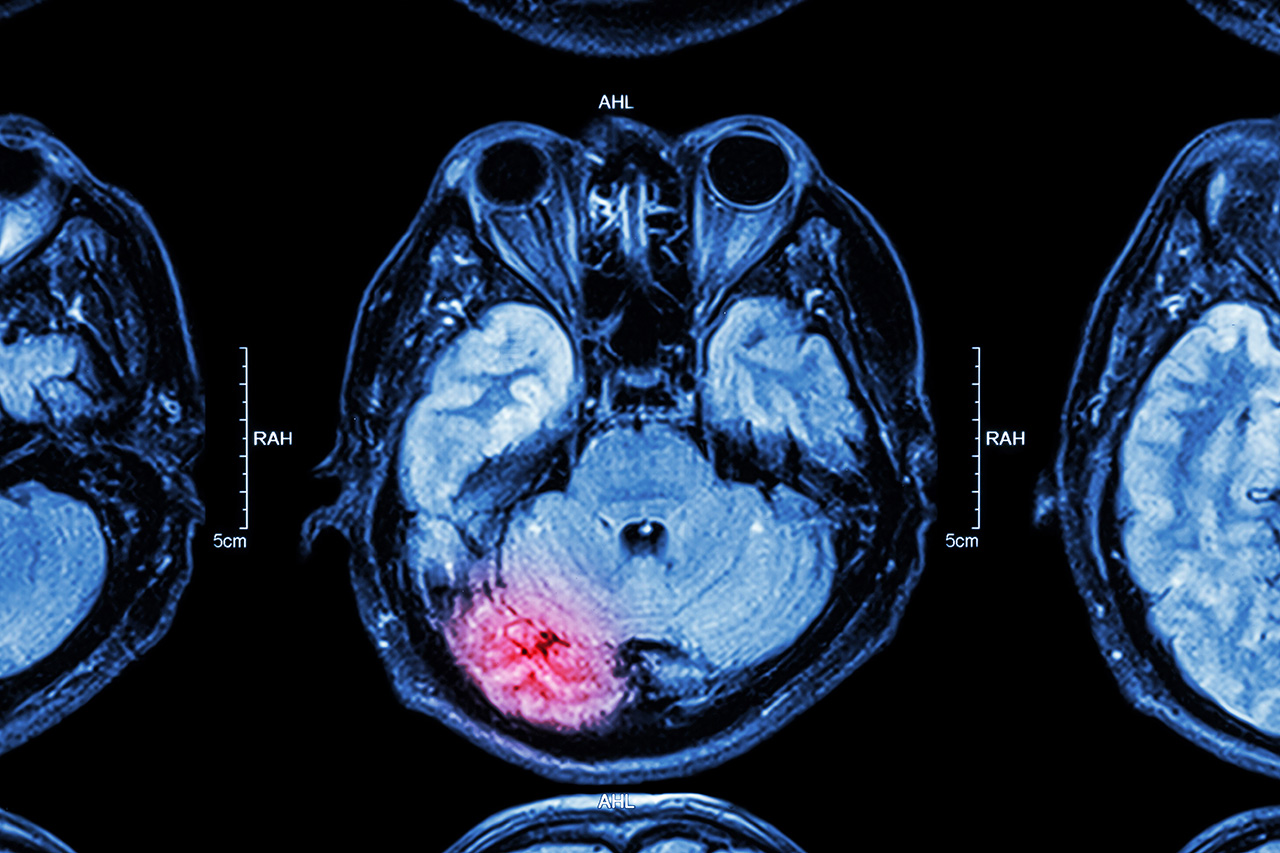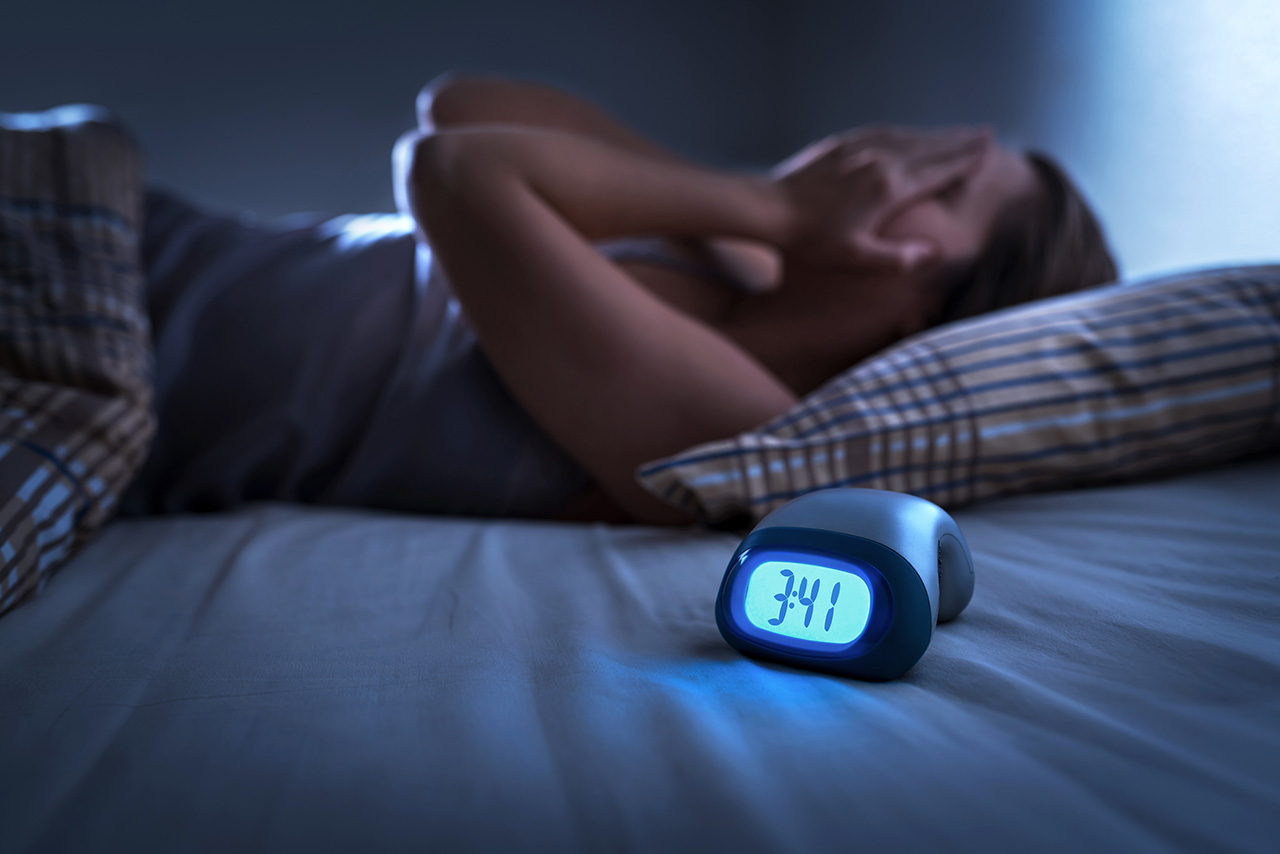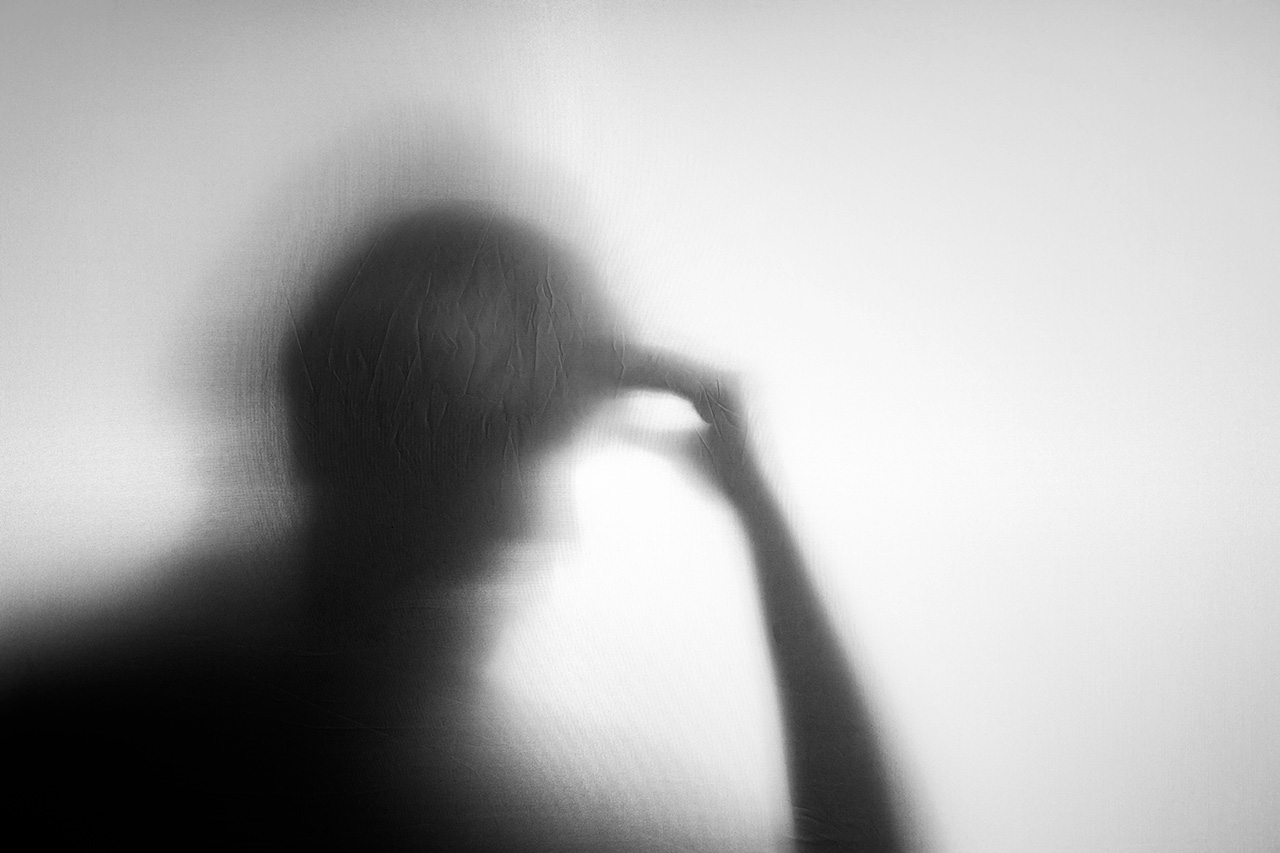
American Heroes
May 23, 2022
Concussion Injuries Can Show Up Decades Later
October 10, 2022by Susannah Wollman
With the return to fall sports like football, doctors expect to see an increase in mild traumatic brain injuries (mTBI), commonly known as concussions. But you don’t have to be an athlete to sustain an mTBI. Daily life can cause one if you jostle your head. You do not have to lose consciousness to be diagnosed with an mTBI. That’s a myth and one best left in the past.

A car accident, a sports injury, or any other event that causes an impact or severe jerk of the head can result in an mTBI. Any motion that overwhelms the capacity of the fluid surrounding the brain to protect it is reason for concern. A force that causes the brain to knock into the skull results in swelling and bruising of the sensitive tissues of the brain.
Every concussion can result in a severe brain injury, so if you or your child sustains even a minor blow to the head, seek immediate medical attention. Permanent neurological or physiological disorders can follow untreated symptoms.
Many people recognize the common symptoms, which can keep someone out of commission for days or weeks. Dizziness, headaches, nausea, or lack of coordination can signal a concussion. But not all symptoms are that easy to see. If you notice any of the following in yourself or your child following an event involving the head, talk to a doctor right away.

Unusual Signs of Concussion

Ringing in The Ears
A persistent, high-pitched ringing in the ears that comes on after an injury to the head may be a sign of a concussion. Ringing in the ears, called tinnitus, is not a brain injury, but an injury to the vestibular system. If an injury to your head caused a perforated eardrum or a dislocation of any of the tiny bones in the ear, you may find yourself hearing a sound like ringing or high whining or even a buzzing in the ears. The louder the noise is, the more severe the injury. In most cases, the sound will subside within a few minutes. Some concussions can cause a longer-lasting problem and for those particular unlucky few, it can even be permanent.

Confusion and Irritability
If you find yourself grumpy and out of sorts after a head injury, it’s possible that you have a minor TBI. Your brain may be having difficulty with concentration and your frustration at the length of your recovery time or the difficulty or remembering things are normal, but shouldn’t be ignored. Your cognitive processes such as speech, memory, and motor control can all be affected, leading to disorientation and amnesia.
Of course, this can impact your mood as well. Manic-depressive personality disorder can follow, causing wild swings in your mood. One minute to the next can bring laughter to tears with extreme highs and lows. Irritability at this erratic behavior can be further exacerbated by dizzy spells, nausea, sleepiness, or excessive anxiety.

Personality Changes
Minor changes as well as more significant ones can plague your recovery. Damage to the frontal lobes of the brain, where personality resides, can cause confusing personality changes. Smells and tastes that seemed pleasant before may suddenly be intolerable after a concussion.
Unfortunately, significant changes can occur as well. MRI or CT scans cannot show the reason for personality changes like the loss of your ability to contribute to conversations or your sense of humor. These kinds of changes need to be followed up on immediately.

Insomnia And Fatigue
The brain uses the sleep cycle to recover from the day’s activities. TBIs commonly disturb the sleep-wake cycle, but insomnia (difficulty falling asleep and/or staying asleep) is not what most people think of in tandem with a concussion. The suprachiasmatic nucleus of the hypothalamus is a fragile organ in the brain that regulates the sleep cycle. If that is damaged, the chemicals released into the blood to slow your brain into the dream state may not be happening. Persistent insomnia can lead to an “Addisonian crisis,” otherwise known as acute adrenal fatigue.
Your nervous system is impacted when insomnia occurs often enough to develop adrenal fatigue. A negative feedback loop keeps you from falling asleep, regardless of how hard you try. Eventually, your lack of sleep can cause your essential motor skills to lessen.

Disorientation
Disorientation frequently follows even a mild concussion. You may be confused about where you are or what happened. It can cause anxiety to get worse if the feeling lasts long enough to become overwhelming.

Vertigo
Like the worst kind of dizziness you can imagine, vertigo can make you fall over when you are standing completely still. You may experience the sensation of falling even if you are lying flat on the floor. Vertigo can result when tiny pieces of bone from your inner-ear become dislodged and float around in the canal. This causes balance disturbances and feelings of nausea.

Speech Confusion
Dysarthria (confused speech) happens when the Central Nervous System is damaged. If you can’t communicate clearly, this may be why. In addition, you may experience aphasia (inability to comprehend language). If both are present together, you can’t communicate with those around you. Of course, the anxiety attached to being unable to communicate can be quite severe, so it’s helpful to know that these symptoms seldom last more than a few days. Severe cases may last for a week or two, but permanent disability is very rare.

Amnesia
Fortunately, amnesia from concussion usually clears up eventually. But even temporary forgetfulness is disturbing. You may forget things that just happened or where you put something you just had. More upsetting is forgetting things you should know, like the names of people. Remembering the events surrounding the traumatic event that caused your concussion may take awhile.
If you suddenly find yourself in this amnesia predicament and you don’t know why, consider that you may be suffering from a concussion and you may just not remember it happening.
If you or your child are having any of these symptoms, even if you don’t remember bumping your head, see a doctor right away.




